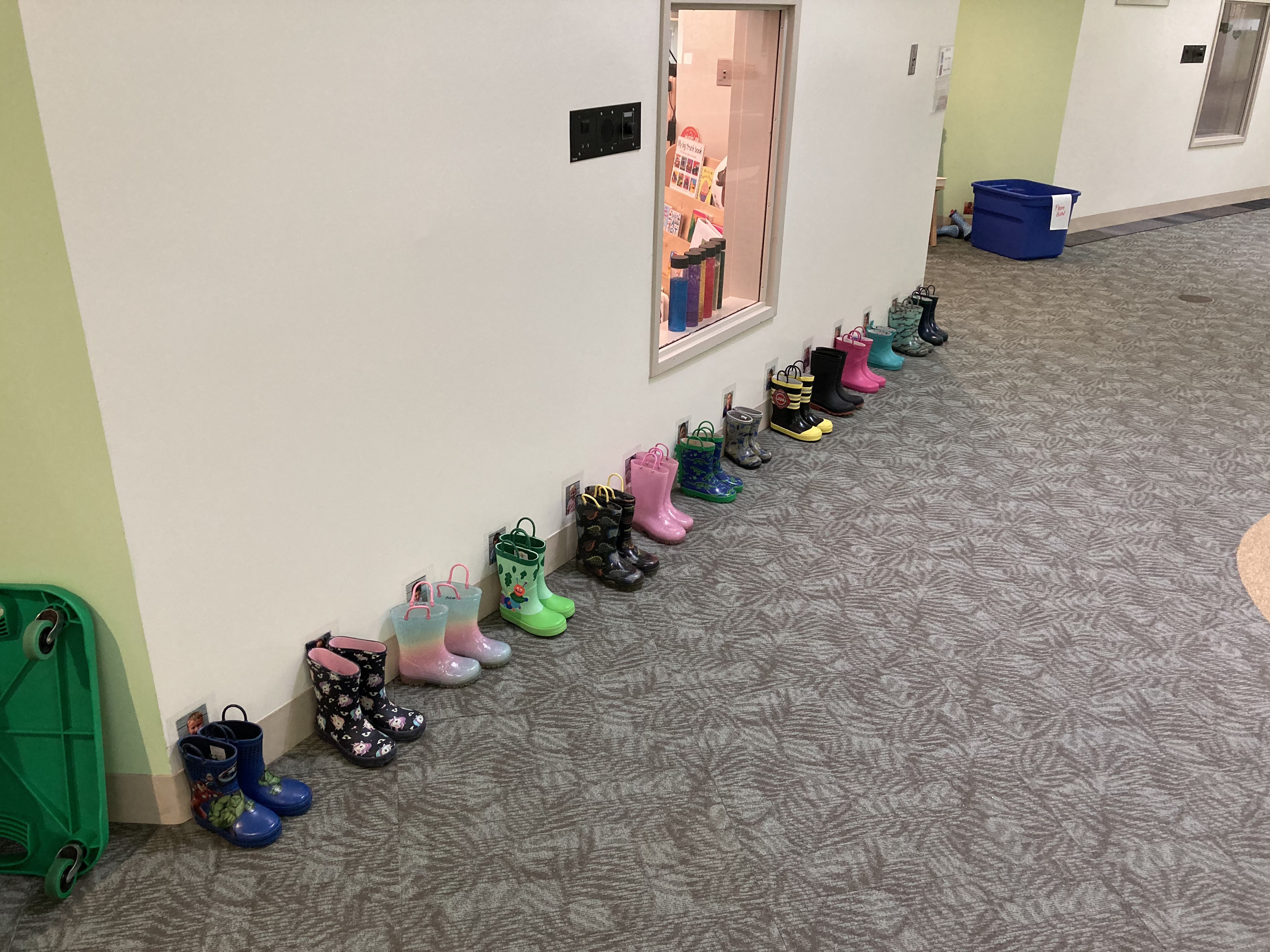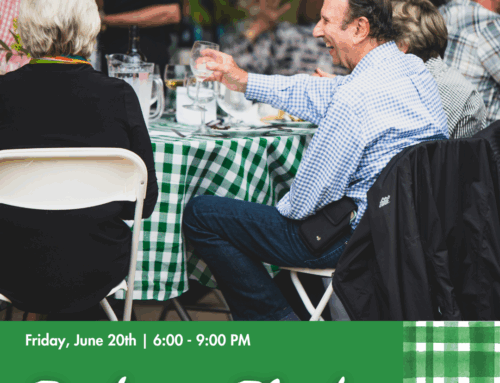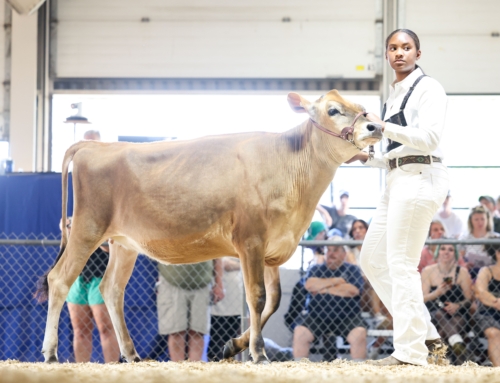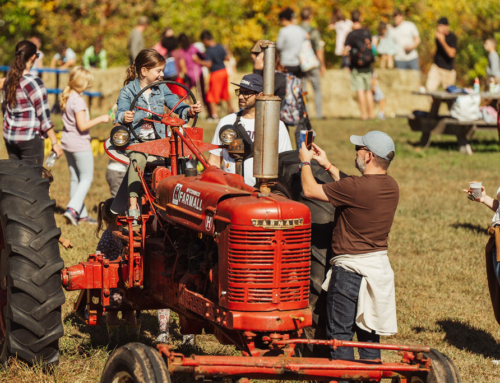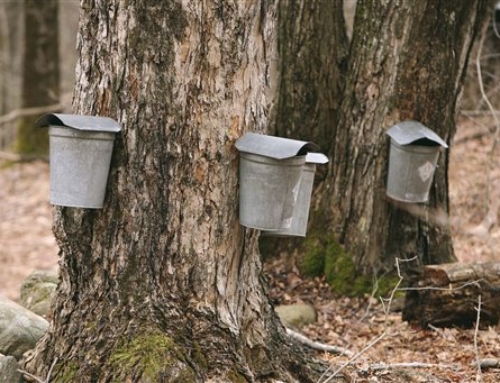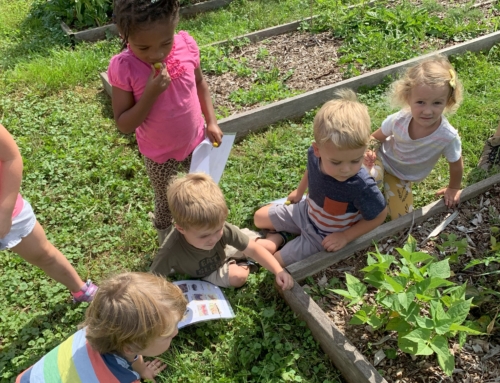How preschoolers connect with agriculture through experiential learning.
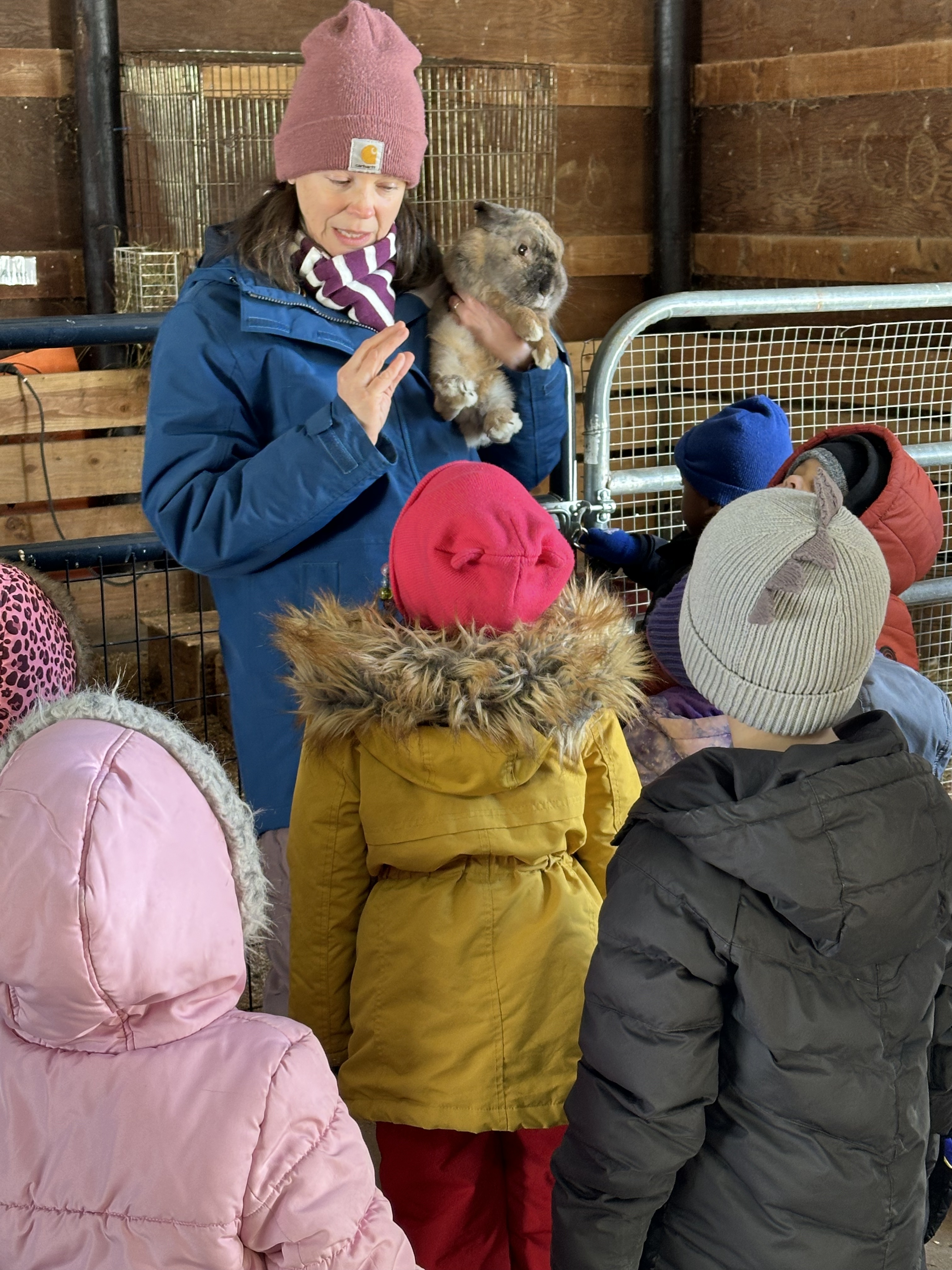
A week before their first Farm Day, the Wintonbury Early Childhood Magnet School preschoolers have their boots lined up outside their classroom door in eager anticipation. “My son never wants to miss school on Farm Day,” remarks one parent. The Wintonbury preschoolers have visited the 4-H Education Center at Auerfarm for the past few years, integrating farm-based experiential learning into their classroom curriculum. Wintonbury has a total of 18 preschool classrooms that rotate through the farm. Three days a week, two classrooms visit the farm for a two-hour program that connects mind, body, and soul to nature. The curriculum directly correlates to the seasonal changes on the farm throughout the year. During the fall, the students pick apples from the orchard and turn them into apple cider. In the winter, they tap the maple trees and learn how we turn the sap into maple syrup. In the spring, they learn about baby animals and pollinators as they emerge from the cold. “It’s an experiential learning program; it’s very hands-on for the kids,” said Kyle Conard, a lead Wintonbury farm educator. “Many kids are learning where food comes from for the first time, or they haven’t seen animals up close before.” Each lesson is taught for three weeks as all 18 classrooms make their visits to the farm. This allows for different programs that are unique to the Wintonbury preschoolers, as some seasonal programs are also available as field trips for schools in the area.
One such program is the grains lesson taught in December. In this lesson, the preschoolers learn that gingerbread cookies actually come from the farm. They go on an adventure around the farm to locate flour, eggs, sugar, and spices for their cookies. Each step along the way teaches them something new about that ingredient and where it’s found on the farm. We try to teach them that food comes from the farm. You know you don’t just have a bag of flour. Where does that flour actually come from?” said Kim Christophel, lead Wintonbury teacher. Learning about the journey that food takes from fields to fork is magical. Little minds do not see a bus taking them to a farm; they strap on their boots that have been eagerly awaiting them and climb aboard the magic school bus which will transport them to the circus. As soon as they arrive, they are greeted by a cacophony of lions, tigers, and bears. Their eyes widen. The adventure begins. Those roars might be coming from geese, chickens, and peacocks, but the excitement is all the same. They are met by the warm, familiar faces of their farm educators and are told that they will be making gingerbread cookies today; however, they need to go on a scavenger hunt to collect materials around the farm. The young minds are ready for adventure.
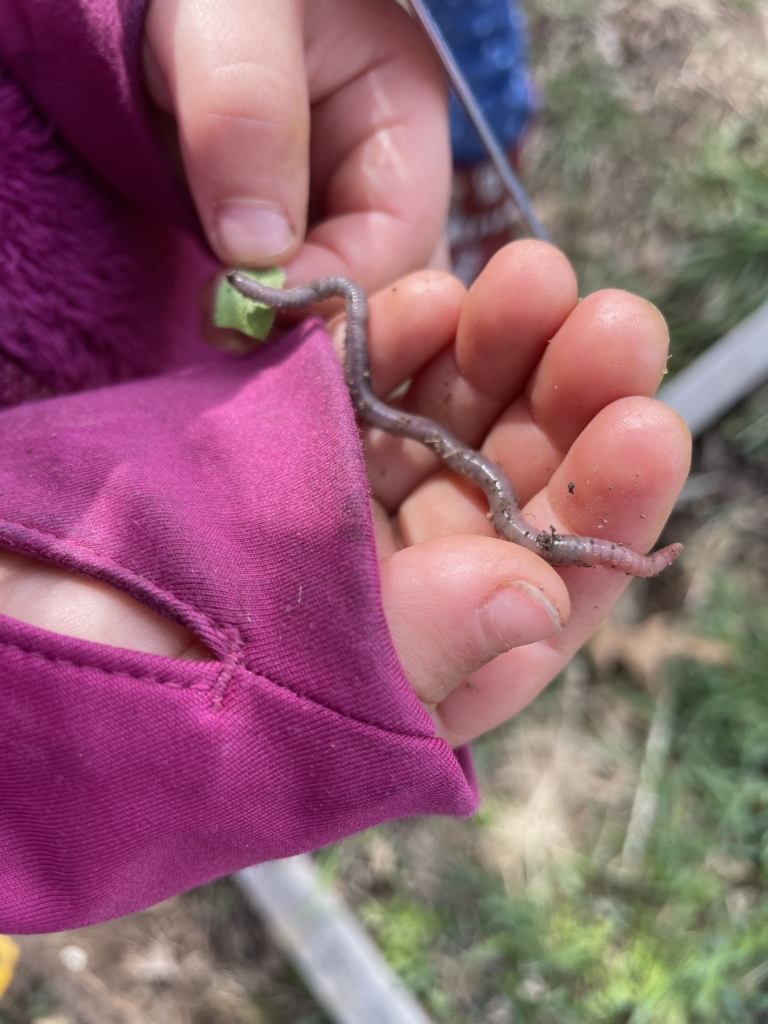
The scavenger hunt acts as a tour of the farm so that the kids will immerse themselves in the experience and learn while having fun. They’ll venture to the gardens and greenhouse to find wheat and spices for the gingerbread. Then they’ll trek to the sugar shack where they will find sugar cane. The sugar shack houses the maple syrup operation which the preschoolers get a brief introduction to before their maple lesson. It is also home to an observation bee hive so that they can safely watch bees at work inside it. The sugar cane, maple syrup, and bees all help to make connections between sweet things. The kids will then find eggs in the chicken coop and get a quick lesson in baby chicks before their baby animals lesson in spring. Lastly, they will find butter next to the cows and learn about different dairy animals and their products.
Kim recounts a humorous moment during a scavenger hunt: “We were doing our scavenger hunt one morning with heavy frost when one little guy stopped, crouched down to look at it, and said, ‘Ah! I think Elsa has been here!’ It was so cute, and then you get to teach on that for a moment.” Why would frost appear, other than Elsa’s doing? Why does this happen in winter? What does that mean for any crops underneath? It’s those types of experiential learning questions that may not necessarily be tied to the curriculum but that kids get to explore while being on the farm. “The biggest thing is hands-on experiences. It’s not just a picture of a cow; you know there is a cow. It’s so great because you do get those kids whose families don’t always get to go to a farm, so they get to have that experience through school,” said Kim.
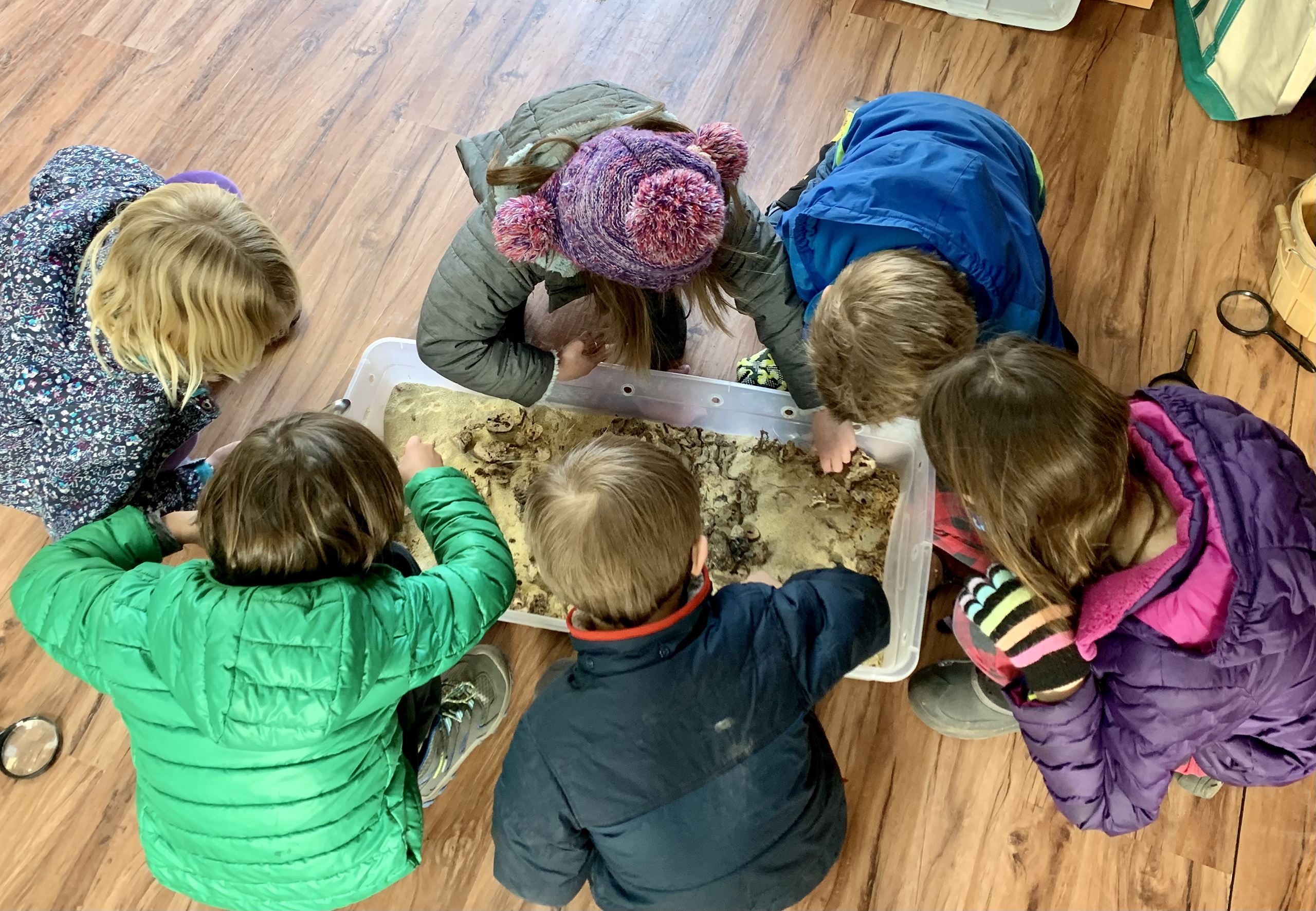
The scavenger hunt ends in the classroom where the preschoolers will finally be able to make their gingerbread cookies. In the classroom, there are several different stations for kids to learn and play. The exploration station is where they make cookies. The imaginary play station allows children to model what they learned by playing with play cookies, baking tins, and other kitchen items. The sensory station allows children to grind up oats and wheat to simulate making flour as well as smelling cinnamon and spices from the greenhouse. The writing station includes worksheets with words and images for word recognition and drawings about the lesson. The immersive scavenger hunt along with different learning stations connects young children to nature and connects their foods to the farm. They explore lessons in myriad ways that are fun and playful but rooted in education. This model is used for most of Auerfarm’s educational programs and field trips. The Wintonbury preschoolers remain at school for two years allowing for continued learning at the farm.
“It’s nice when older kids help younger ones,” said Kim. “It’s like ‘Oh, it’s okay to do this,’ and younger ones will pair up with older ones.” “We see [their development] in several ways. It might be that kids are afraid of animals; then they come to the farm and by year-end they love animals. Or you get a kid who is afraid of petting bunnies until they see all of their friends doing it; then they’ll try it too,” said Kyle. “It becomes such a breakthrough.”
The partnership between Auerfarm and Wintonbury is truly unique and equips these young minds with a strong foundation in agriculture, science, and nature. This program is enjoyed by all as many parents volunteer to chaperone these field trips to watch their children thrive while learning on the farm. The Wintonbury PTO also hosts several family fun days at the farm so parents and families can get involved in all of its fun. The lessons learned on the farm will stick forever. The next time they have apple cider they’ll remember visiting the farm, picking apples, grinding them in the cider press, and collecting fresh cider. When they’re baking gingerbread cookies at home they’ll remember that cows and chickens made this possible; that wheat, oats, and spices took weeks to grow on the farm for them to enjoy their cookies; that farmers tended crops and animals to ensure healthy and safe food for public consumption. But most of all we hope they remember the wind on their faces, the dirt under their nails, and the fun they had at Auerfarm.
This article is part of Auerfarm’s Fall Appeal Newsletter. Programs like these are at the heart of our mission and with your support we can continue inspiring children and adults to engage in, learn about, and enjoy agriculture, science, and the natural environment.

